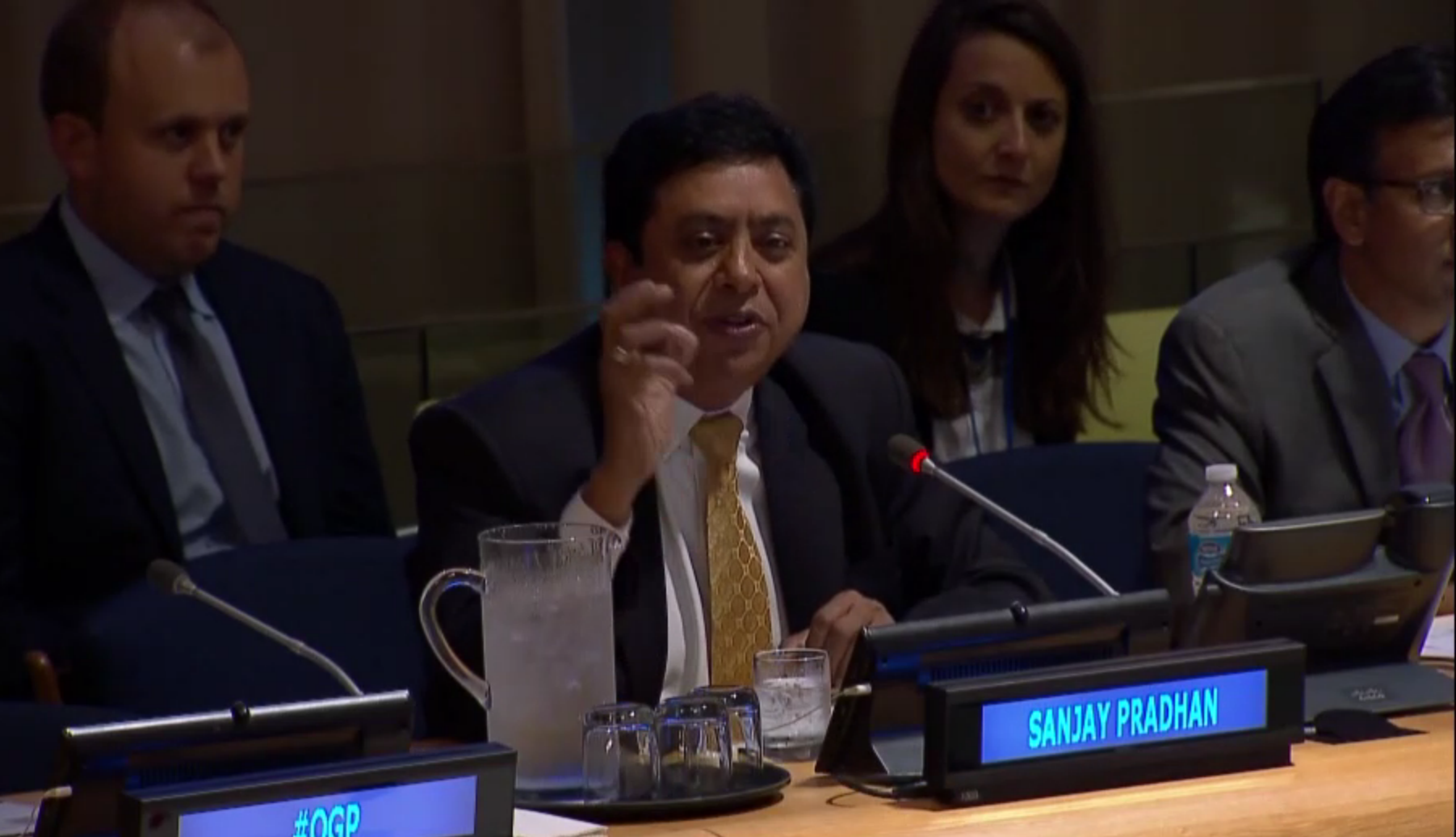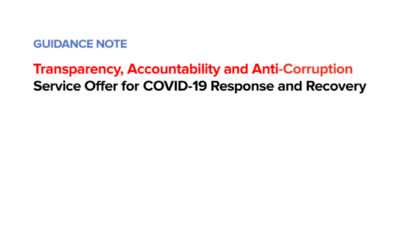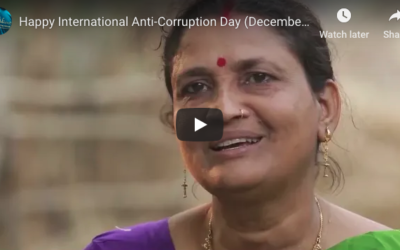This blog is part of a series on how open government can help achieve the Sustainable Development Goals (SDGs). The series came out of a collaboration between the United Nations Development Programme (UNDP) Bangkok Regional Hub and the Open Government Partnership (OGP) to find practical examples of how open government is helping countries achieve the SDGs in the Asia-Pacific region. For more details on the competition, the blog series, and how open government can help achieve the SDGs, please see our introductory blog post.
In an informal conversation with a local political leader from a village in the western part of Nepal, I asked a question. “How is the Village Development Committee (VDC) utilizing the allocated budget for women’s empowerment?” He smiled mildly and said, “There’s nothing to spend on for women’s empowerment, so we used last year’s budget to upgrade the main gravel road in the village.” I embarked on this probing inquiry with the knowledge that the condition of women in this village was very poor, and the portion of the budget meant for their use was being used to upgrade the road. His reply was surprising, as he argued that the women of the village also used this road so it was to their benefit too.
In Nepal, the budget planning process is supposed to follow 14 steps, from the sub-national to the central government level. In principle, it is actually meant to begin from the lowest administrative unit, the ward, collecting feedback from the people on their needs, and going up to the central level, so that the collective inputs can take shape in the form of the annual budget and programme. Despite its beauty in principle, the process is often hijacked by a handful of elites, to further their vested interests in the budget. When it comes to the implementation of this bottom-up budget planning process, it is frequently manipulated, as in the abovementioned case. The problem is further compounded by the general tendency of citizens to not challenge unresponsive and unaccountable local services. Although the 2006 Comprehensive Peace Accords formally ended the decade-long conflict and were meant to pave the path for peace and development – community-level tensions persist and are further exacerbated by such disenfranchisement and marginalization of community groups from the development planning process.
READ MORE: http://www.opengovpartnership.org/node/9848





